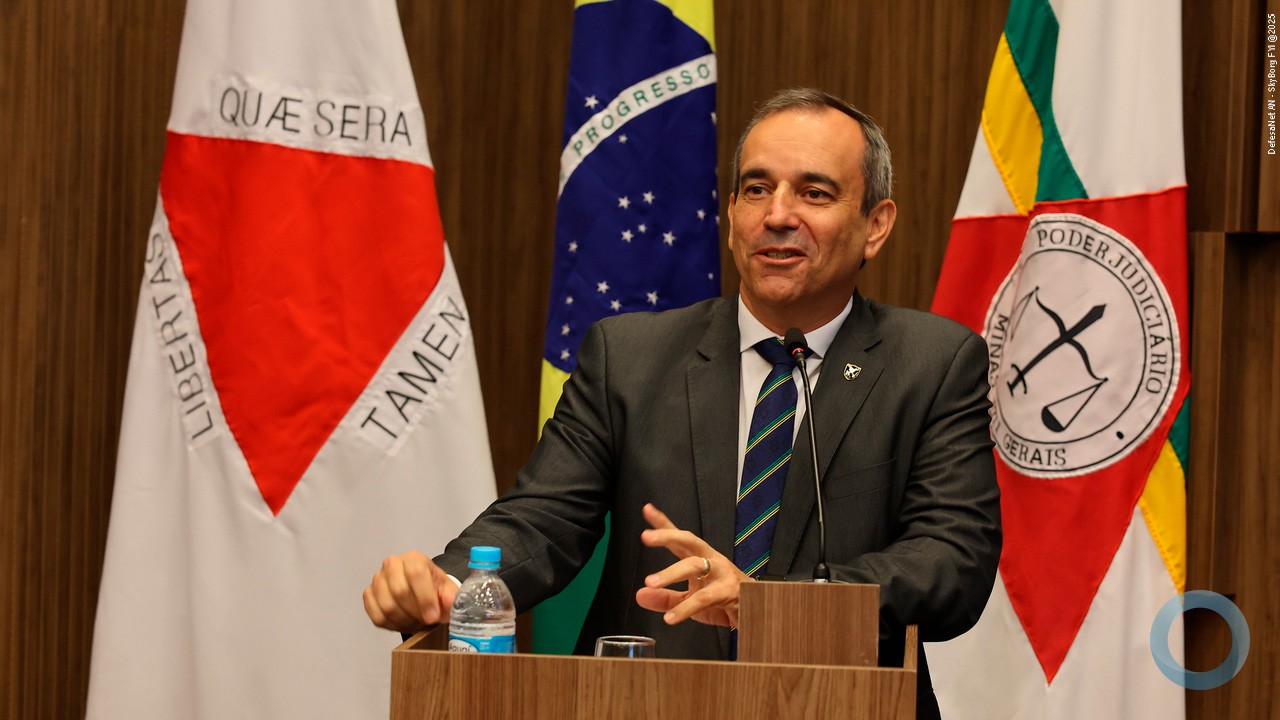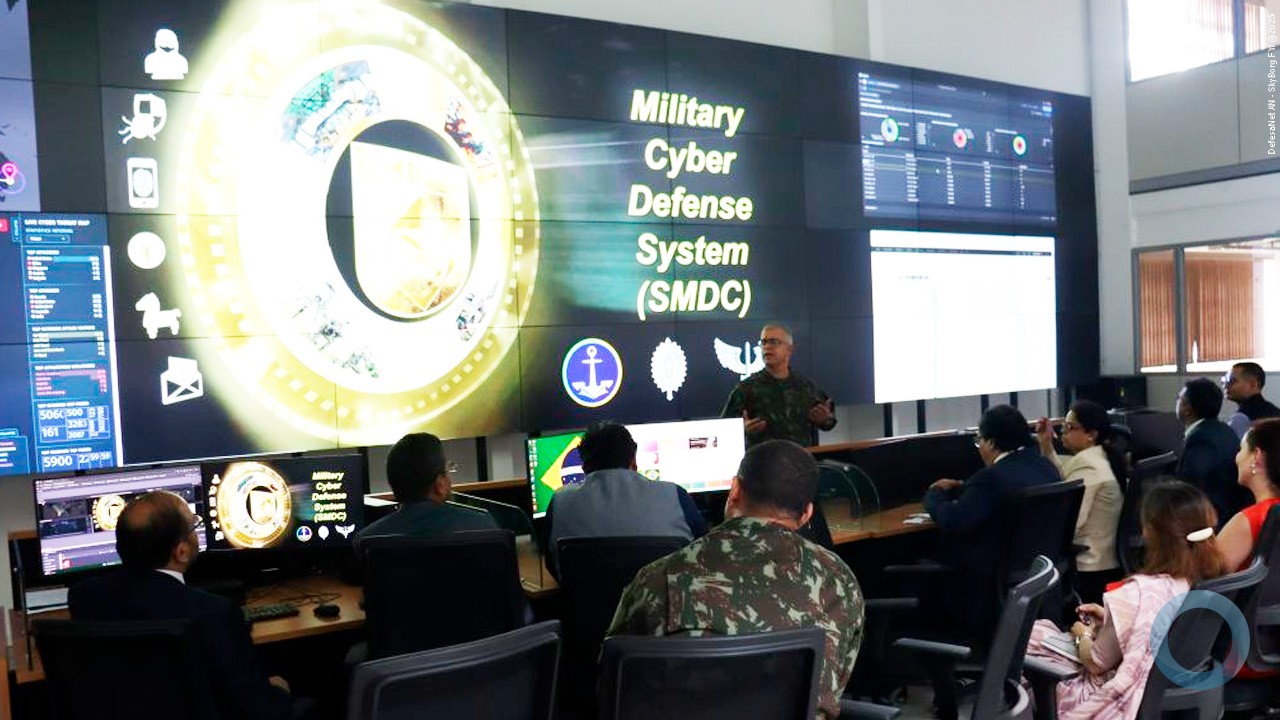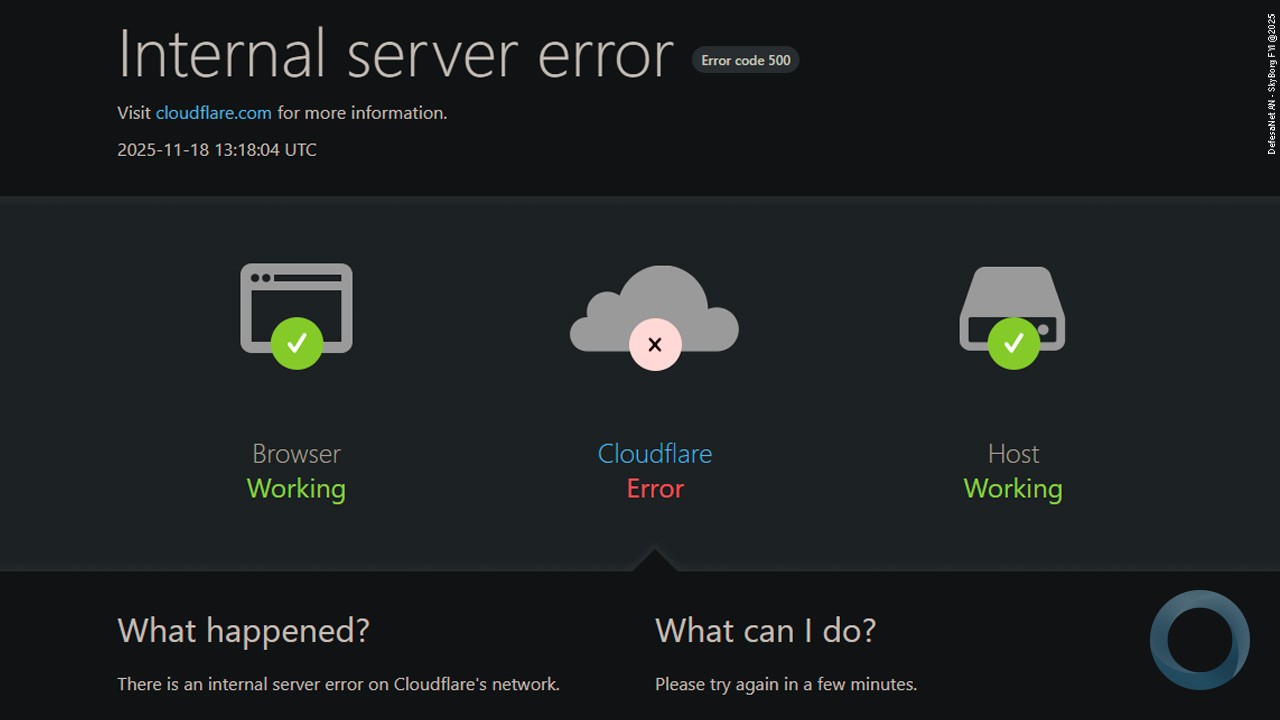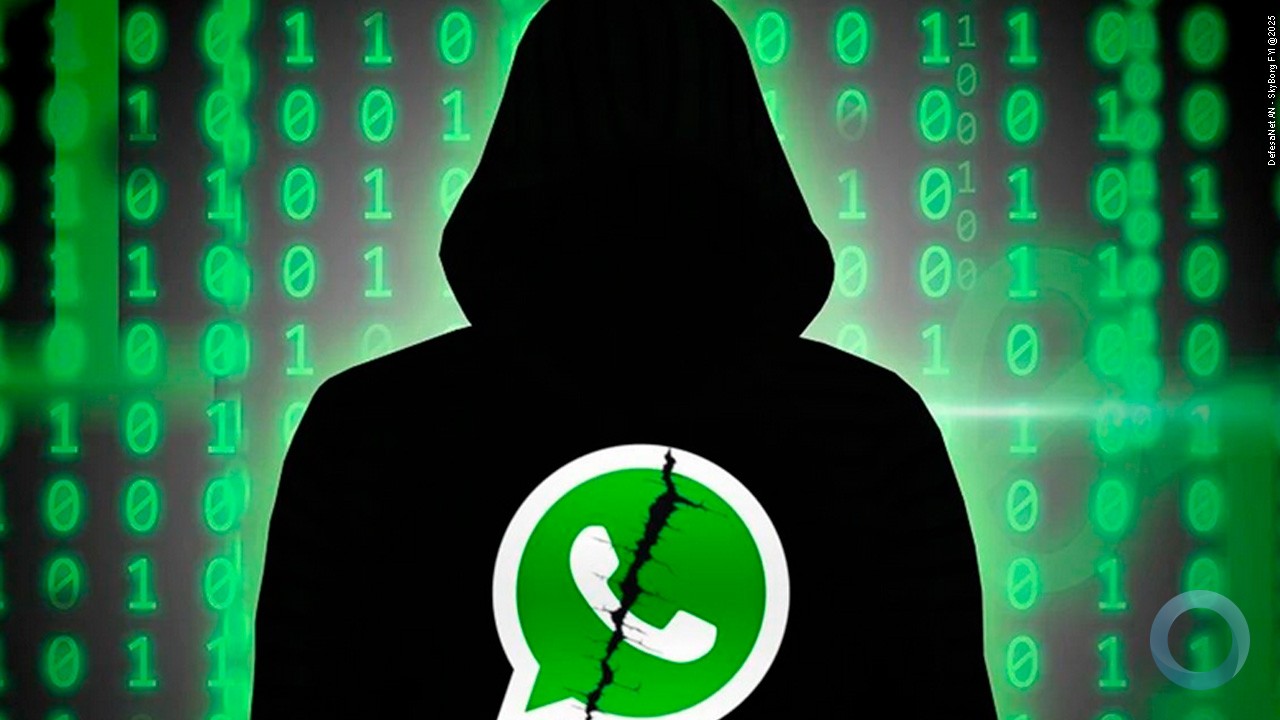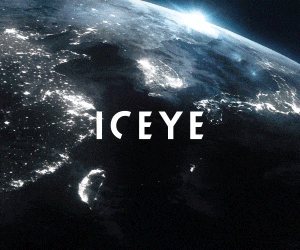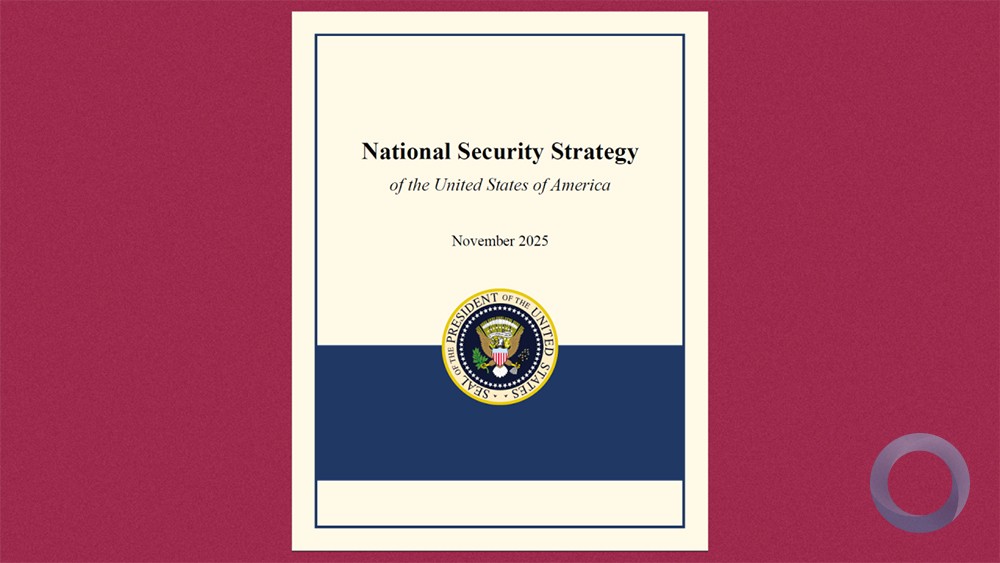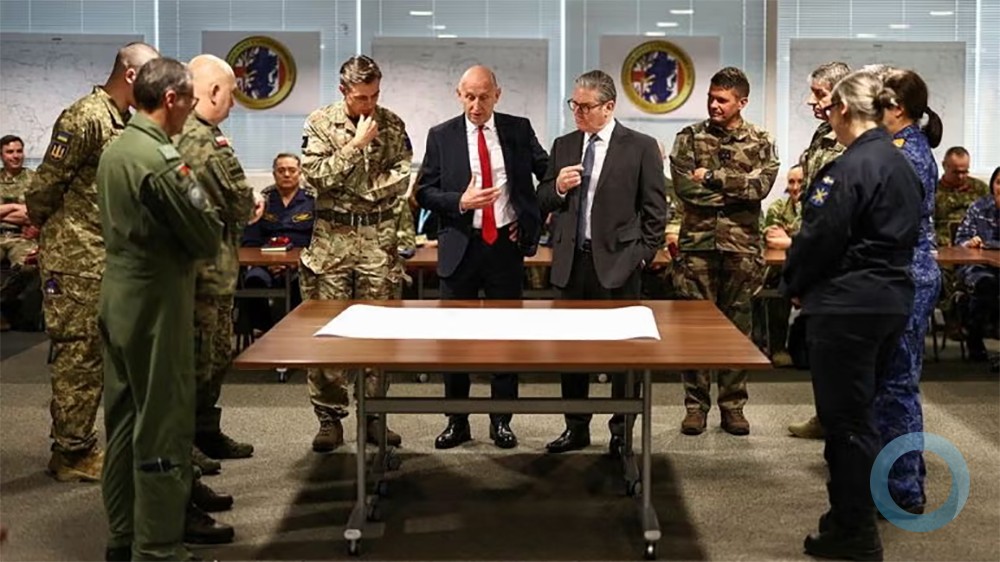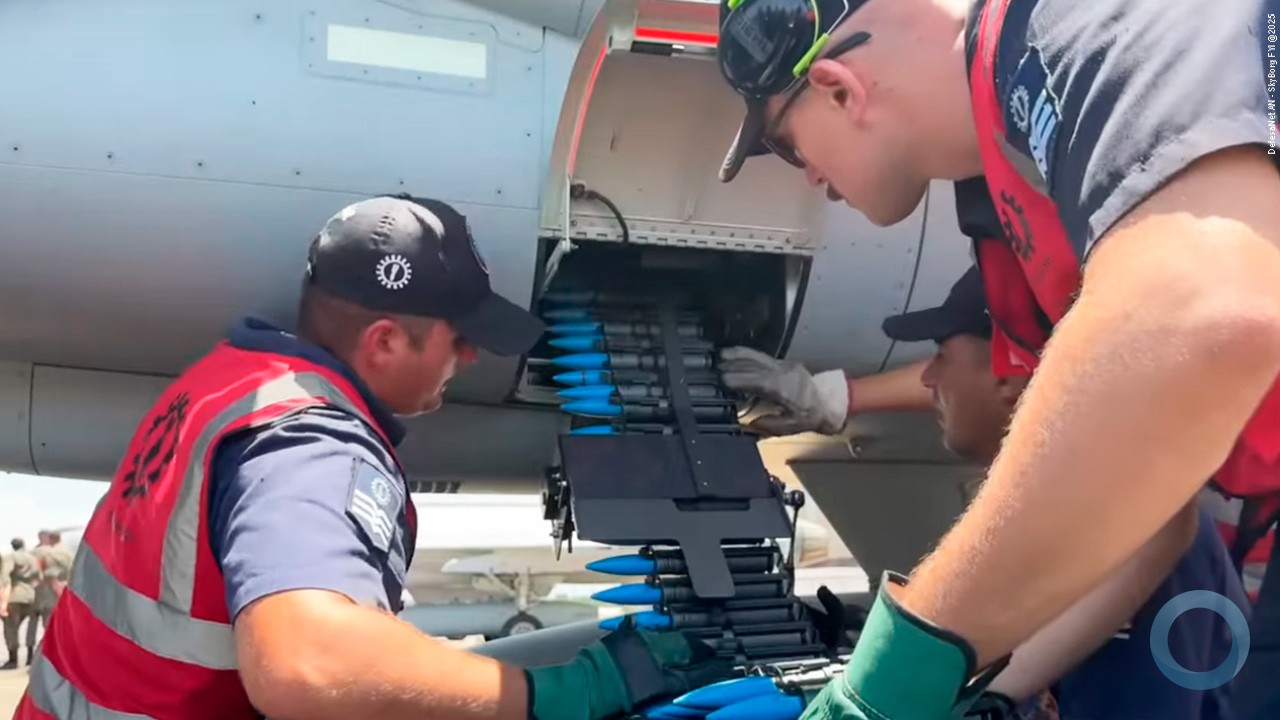Russian President Vladimir Putin ordered a media manipulation and hacking campaign targeting the 2016 US presidential election, according to a declassified version of a US intelligence report that was released on Friday.
The report found that the Russian government specifically targeted Democratic Party nominee Hillary Clinton with the goal of harming her presidential campaign.
"Russia's goals were to undermine public faith in the US democratic process, denigrate Secretary Clinton, and harm her electability and potential presidency," said the report from the Director of National Intelligence. The report also alleges that Putin had a personal grudge against Clinton, blaming her for stoking 2011 protests against his rule while she was secretary of state.
Intelligence officials released a 25-page public version of the report on Friday after briefing President Barack Obama, President-elect Donald Trump and top US lawmakers with a longer, classified version.
The report also found that Putin and the Russian government "developed a clear preference for President-elect Trump." However, the intelligence agency noted that it did not assess the impact of Russian meddling on the outcome of the US election.
Trump defended the legitimacy of his election victory on Friday following his two-hour intelligence briefing with intelligence officials on the results of the Russian meddling report.
Ties to WikiLeaks
Additionally, intelligence officials said that they believe "with high confidence" that the GRU, Russia's military intelligence agency, used intermediaries such as WikiLeaks, DCLeaks.com and Guccifer 2.0 to release emails it acquired from the Democratic National Committee (DNC).
An annex to the report noted that when US intelligence assigns "high confidence" to an allegation, the information is based on "high-quality information from multiple sources." However, the sources and methods of the Central Intelligence Agency (CIA) and the National Security Agency (NSA) are protected in the report, which may not convince skeptics.
WikiLeaks founder Julian Assange has denied that a "state party" provided him with stolen emails from the DNC and from top Clinton aide John Podesta. Assange did not rule out the possibility that the emails came from a third party.
Russia has repeatedly denied the US government's accusations of hacking during the 2016 election campaign.
Trump promises 'aggressive' action
Following release of the public report, Vice President-elect Mike Pence told reporters that Trump will act against cyber hacking once he takes office.
"The president-elect has made it very clear that we are going to take aggressive action in the early days of our administration to combat cyber attacks and protect the American people from this type of intrusion in the future," Pence said outside of Trump Tower.
The much-anticipated report is likely to further agitate the debate over the outcome of an election in which Clinton won the popular vote but was beaten by Trump in the electoral college.
Trump tells US newspaper Russia hacking investigation is a 'political witch hunt'
In a conversation with the US newspaper "The New York Times" on Friday, US President-elect Donald Trump said the investigation into Russian hacking with regard to the US presidential election was a "political witch hunt."
In reference to breaches of the Office of Personnel Management in 2014 and 2015, Trump said, "China, relatively recently, hacked 20 million government names. How come nobody even talks about that? This is a political witch hunt."
Trump was briefed on the matter by US intelligence Friday at Trump Tower. US intelligence believes Russia directly interfered in the run-up to the vote in November. Trump, an outspoken supporter of stronger ties with Russia, has repeatedly disagreed with US intelligence reports.
On January 5, he wrote on Twitter: "So how and why are they so sure about hacking if they never even requested an examination of the computer servers? What is going on?"
Meeting with intelligence
Following the meeting on Friday with top intelligence officials, which he called "constructive," Trump declined to single out Russia for interference with the presidential election.
"While Russia, China, other countries, outside groups and people are consistently trying to break through the cyber infrastructure of our governmental institutions, businesses and organizations including the Democrat National Committee, there was absolutely no effect on the outcome of the election," said Trump in a statement, adding that there was no tampering with voting machines.
Trump said he planned to appoint a team that will combat cyberattacks within 90 days of assuming office on January 20.
Trump's wall
Trump was also challenged Friday on a key promise he made during his campaign: to make Mexico pay for a wall on the southern US border. Trump said the wall would be financed by the US and reimbursed by Mexico later. Though he had also previously suggested that option, having the US fund the construction was seen as a departure from his campaign pledge.
On Twitter, Trump took to blaming the media: "The dishonest media does not report that any money spent on building the Great Wall (for sake of speed) will be paid back by Mexico later."
Trump will also rely upon an existing law from previous US President George W. Bush that allows for extra fencing and technology along the border. This was confirmed by two congressional officials and a senior transition official to the Associated Press. The open-ended law was put in place in 2006 and never fully implemented.
Building the wall, which could cost billions of dollars, does not have the proper funding at the moment. Republicans may consider putting funding for the wall in a future spending bill, which must be enacted before the end of April to avoid a government shutdown, potentially forcing Democrats to filibuster or more in order to prevent the wall from being funded.
"Democrats may well find themselves in the position to shut down all of government to stop the buildout of a wall, or of a barrier, or of a fence," Indiana Republican Representative Luke Messer told CNN on Thursday.
Mexican President Enrique Pena Nieto declined to comment on the new plans to build the wall on the US-Mexico border, but he had earlier said Mexico would not pay for such a wall.






